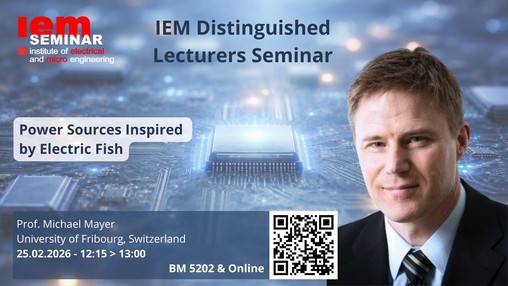Digging deeper
Discover the Energy Center’s news about and around energy at EPFL !

Events
EPFL Energy labs and people in the news
The Swiss Confederation has just launched six new National Centres of Competence in Research (NCCRs), and among them the NCCR “Separations” stands out for its focus on advancing separation science to address global sustainability challenges. Led by EPFL’s Laboratory for Functional Inorganic Materials under Professor Wendy Queen, with co-direction from Professor Kumar Agrawal, the programme brings together 18 research groups to develop innovative separation technologies — from CO₂ capture to efficient ammonia processing — and accelerate their transfer from research to industry, reinforcing Switzerland’s research excellence and climate goals.













